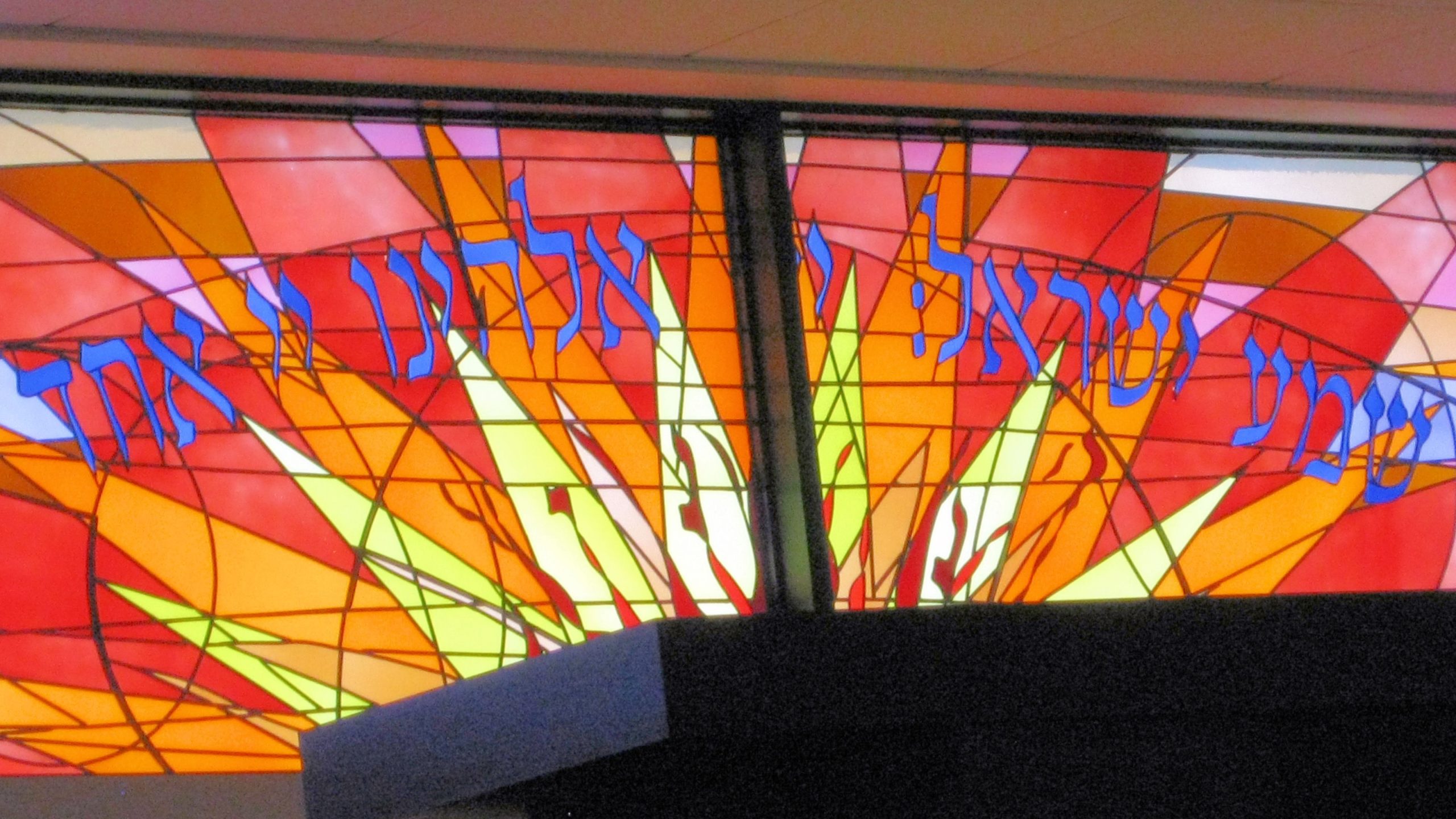
Deuteronomy 6:1-9
Proper 26B
1 “Now this is the commandmentI—the statutesII and the ordinancesIII—
that the LordIV your GodV chargedVI me to teachVII you
to observeVIII in the landIX that you are about to crossX into and occupy,XI
2 so that you and your childrenXII and your children’s children may fearXIII the Lord your God all the daysXIV of your lifeXV
and keepXVI allXVII his decreesXVIII and his commandments that I am commandingXIX you, so that your days may be long.XX
3 HearXXI therefore, O Israel,XXII and observe them diligently,XXIII so that it may go wellXXIV with you and so that you may multiplyXXV greatlyXXVI
in a land flowingXXVII with milkXXVIII and honey,XXIX as the Lord, the God of your ancestors,XXX has promisedXXXI you.
4 “Hear, O Israel: The Lord is our God, the Lord alone.XXXII 5 You shall loveXXXIII the Lord your God with all your heartXXXIV and with all your soulXXXV and with all your might.XXXVI
6 KeepXXXVII these wordsXXXVIII that I am commanding you todayXXXIX in your heart.
7 ReciteXL them to your children and talkXLI about them when you areXLII at homeXLIII
and when you areXLIV away,XLV when you lie downXLVI and when you rise.XLVII
8 BindXLVIII them as a signXLIX on your hand,L fixLI them as an emblemLII onLIII your forehead,LIV
9 and writeLV them on the doorpostsLVI of your houseLVII and on your gates.LVIII
Image credit: “Shema Yisrael” at Temple Chai in Long Grove, Illinois. Photo by Howard Lifshitz, 2010.
